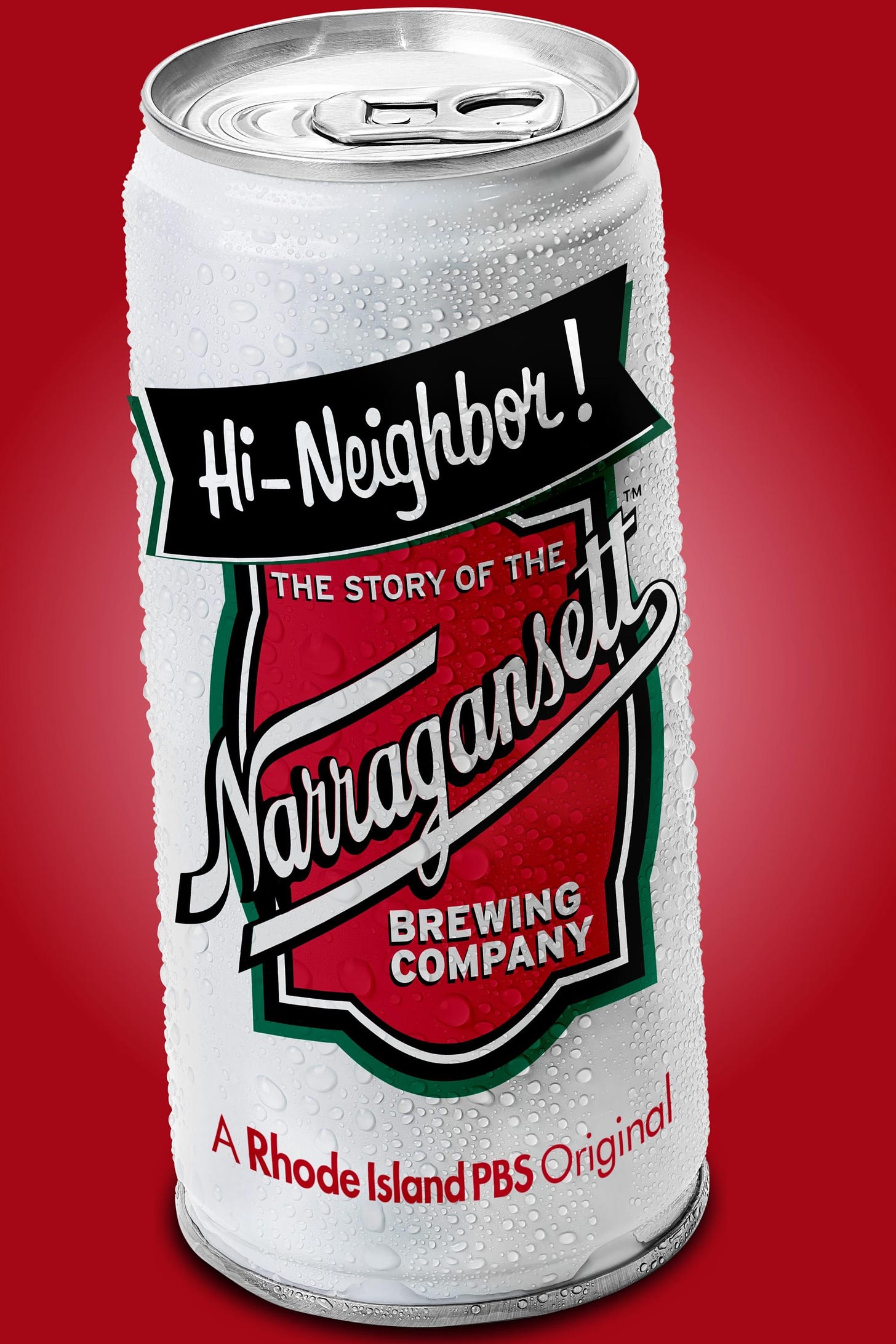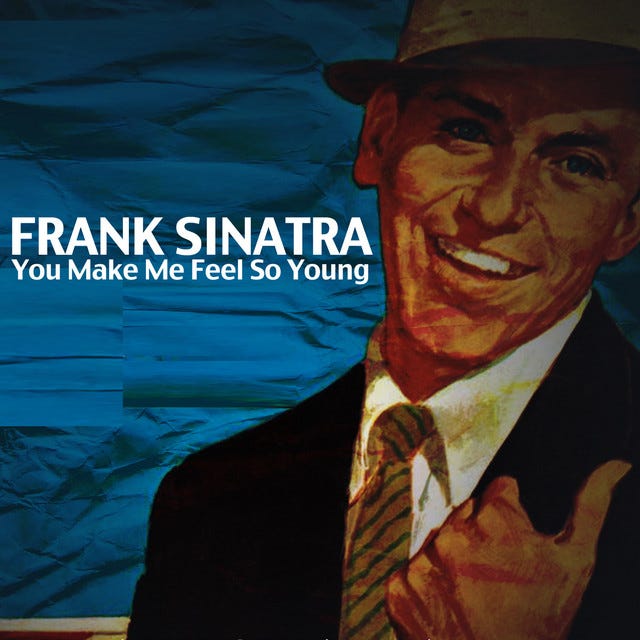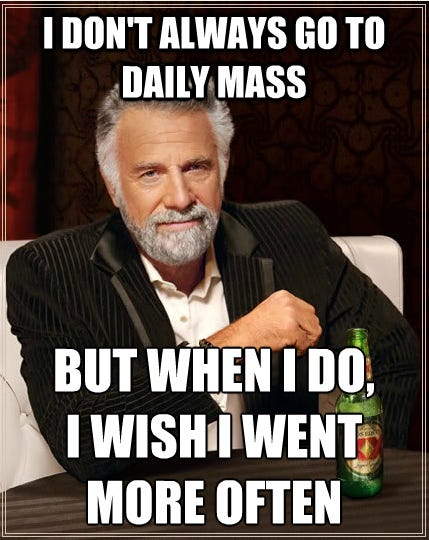Last week we noted that some groups claim the Catholic Church invented the concept of the Real Presence of Christ in the Eucharist during the Middle Ages, long after the time Jesus walked the earth. Further, it is claimed that everyone understood from the beginning that the bread and wine were just symbolic, and nothing in the Bible describes the false Catholic view.
Well, this week let’s take a look at that claim. In the gospel of John, chapter 6, Jesus says some interesting things. While speaking to a large crowd, in what became known as the “Bread of Life Discourse,” Jesus compared Himself to the manna that came from Heaven and fed the ancient Israelites. He said, “I am the living bread that came down from heaven; whoever eats this bread will live forever; and the bread that I will give is my flesh for the life of the world.”

At this statement, many in the crowd were shocked. They argued among themselves, saying, “How can this man give us [his] flesh to eat?” This was not an unreasonable question.
Because Jesus’ statement was so shocking and offensive, many people conclude that He must have been speaking figuratively. Throughout His ministry, Jesus often spoke in figurative and symbolic language, for example, comparing Himself to a gate and to living water. But during this sermon, right after the people grumbled, read what Jesus said next, and count how many times He used figurative and symbolic terms:
“Amen, amen, I say to you, unless you eat the flesh of the Son of Man and drink his blood, you do not have life within you. Whoever eats my flesh and drinks my blood has eternal life, and I will raise him on the last day. For my flesh is true food, and my blood is true drink. Whoever eats my flesh and drinks my blood remains in me and I in him.”
Whoa, there is nothing figurative or symbolic there at all! Jesus not only did NOT offer any symbolic interpretation of His original claim, He instead repeated the harsh and startling statement four more times!

There is just no way an open-minded person can read John’s gospel, chapter 6, and conclude that Jesus was only speaking in figurative language. This is strong proof that the Catholic doctrine of the Eucharist came directly from the mouth of Our Lord, rather than from some scheming Church leaders in the Middle Ages.
Here is some additional biblical evidence. In St. Paul’s first letter to the Corinthians, chapter 11, he discussed the believers’ communal gathering each Sunday. He wrote, “Therefore whoever eats the bread or drinks the cup of the Lord unworthily will have to answer for the body and blood of the Lord....For anyone who eats and drinks without discerning the body, eats and drinks judgment on himself.”
Interestingly, one of the most popular Evangelical translations of the Bible, the New International Version, is even more stark: “For anyone who eats and drinks without recognizing the body of the Lord eats and drinks judgment on himself.”
Whether it’s the current Catholic translation, “...without discerning the body,” or a popular Protestant translation, “...without recognizing the body,” it is quite clear that St. Paul believed the body of Jesus had to be present in order to be recognized. How could Paul, a brilliant man who chose his words carefully, have picked the words “discerning” or “recognized” if he thought the bread was simply bread, a mere symbol and remembrance of Jesus?
How could Paul possibly have been so upset, accusing the Corinthians of conducting the ceremony in an “unworthy” manner, of “sinning against the body and blood of the Lord,” if the body and blood of the Lord was not actually there to sin against?

It is illogical that Paul would write these words if he believed the bread was just bread and the wine was just wine. This passage in 1 Corinthians, along with John chapter 6, are clear evidence that the Catholic doctrine of the Real Presence of Christ in the Eucharist is found in Scripture. Claims that the doctrine is unbiblical are simply wrong.
Next week, the National Eucharistic Congress will take place in Indianapolis. For our third and final segment of this series, we will review next time what the early Church fathers said about the Eucharist. Then you can make your own educated decision about the accuracy of the claim that the Church’s teaching on the Eucharist was “invented” in the Middle Ages.


















































